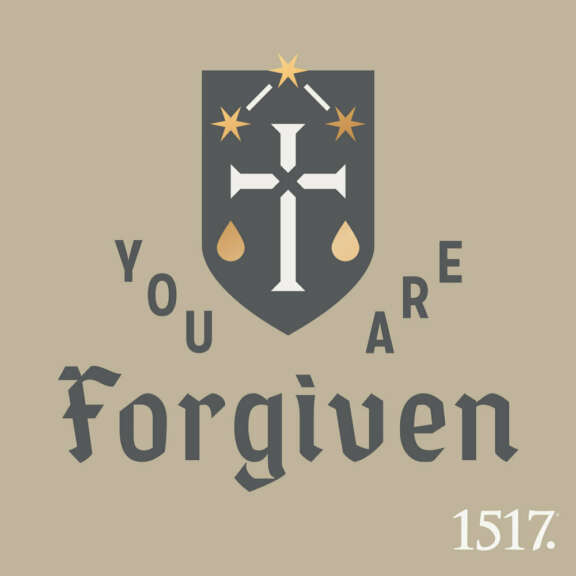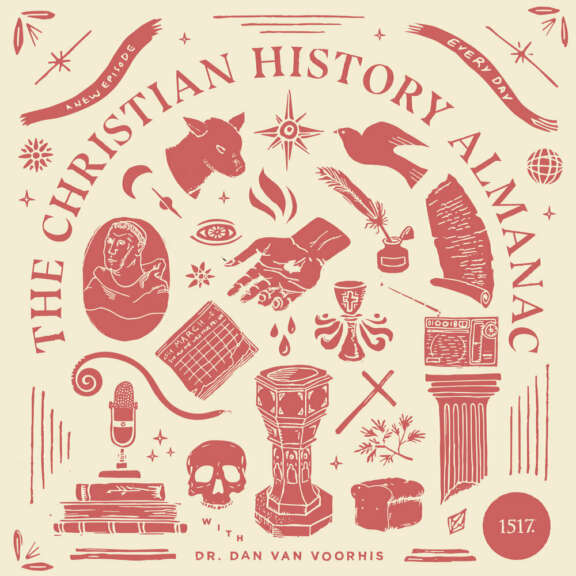Pastor Hiller Teaches On Mark 10:17-22
Podcasts
Each 1517 Podcast is dedicated to delivering Christ-centered content through weekly, monthly, and seasonal audio platforms. Listen online or on your favorite podcasting app.
Author
- All Authors
- Aaron Zimmerman
- Adam Francisco
- Amy Mantravadi
- Blake Flattley
- Bob Hiller
- Bradley Gray
- Brian W. Thomas
- Bror Erickson
- Bruce Hillman
- Caleb Keith
- Chad Bird
- Chris Rosebrough
- Christopher Gillespie
- Cindy Koch
- Craig Donofrio
- Dan van Voorhis
- Daniel Deen
- Daniel Emery Price
- Darrin Sheek
- David Andersen
- David Rufner
- David Zahl
- Debi Winrich
- Delwyn Campbell
- Donavon Riley
- Doug Klembara
- Edward Killian
- Elyse Fitzpatrick
- Erick Sorensen
- Flame
- Grant Klembara
- Gretchen Ronnevik
- Haroldo Camacho
- Jacob Smith
- Jared C. Wilson
- Jeff Mallinson
- Jeffrey Pulse
- Jessica Thompson
- Jim Nestingen
- Joel Fitzpatrick
- Joel Hess
- John Andrew Schreiner
- John Bombaro
- John T. Pless
- John W. Hoyum
- John Warwick Montgomery
- Katie Koplin
- Kelsi Klembara
- Ken Sundet Jones
- Magnus Persson
- Mark Mattes
- Matt Popovits
- Michael Berg
- Michael Horton
- Nick Lannon
- Paul Koch
- Peter Nafzger
- Philip Bartelt
- Raleigh Sadler
- RJ Grunewald
- Robert Kolb
- Rod Rosenbladt
- Ron Hodel
- Sam Leanza Ortiz
- Sarah Condon
- Sarah Crowder
- Scott Davis
- Scott Keith
- Steven Paulson
- Tanner Olson
- Troy Neujahr
- Uwe Siemon-Netto
- Wade Johnston
- William Cwirla
-
The year was 1526. We remember protestant Rose Lok. The reading is from Christine Rosetti, "Christmas Hath Darkness."
-
The year was 1918. We remember the Spanish Influenza pandemic. The reading is from the second chapter of the Gospel According to St. Luke.
-
The year was 1223. We remember the now-popular nativity character of the Caganer. The reading is the Christmas Eve Benediction from Astronaut Frank Gorman onboard Apollo 8.
-
The year was 1648 when George Fox first founded his Society of Friends, also known as the Quakers. The reading is a 5th century Advent hymn, "Vox clara ecce intonat," translated by Edward Caswals as "Hark! A Thrilling Voice is Sounding!"
-
The year was 1216. We remember the founding of the Dominican Order. The reading is from Charles Wesley, the last two stanzas to his "Hymn for Christmas Day."
-
The year was 1504. We remember Berthold von Henneberg. The reading is from 16th-century poet Robert Southwell, "A Christmas Poem."
-
The year was 1849. We remember pre-Millenial William Miller. The reading is from David A. Redding, "Adult Advent Announcement."
-
Pastor Hodel Teaches On 1 John 3:1-3
-
The year was 1961. We remember the "Virgin Mother of a Thousand Egyptians," Lillian Trasher. The reading is from Christopher Harvey, a 17th-century poet, his "Nativity."
-
The year was 1979. We remember the theologian Hans Küng. The reading is a word for Advent on the Incarnation from Dietrich Bonhoeffer.
-
Can We Just Have A Civil Christmas? In the episode, what was Christmas like during the Civil War? Puritans, holiday traditions, and why the Church is an incarnate Church.


